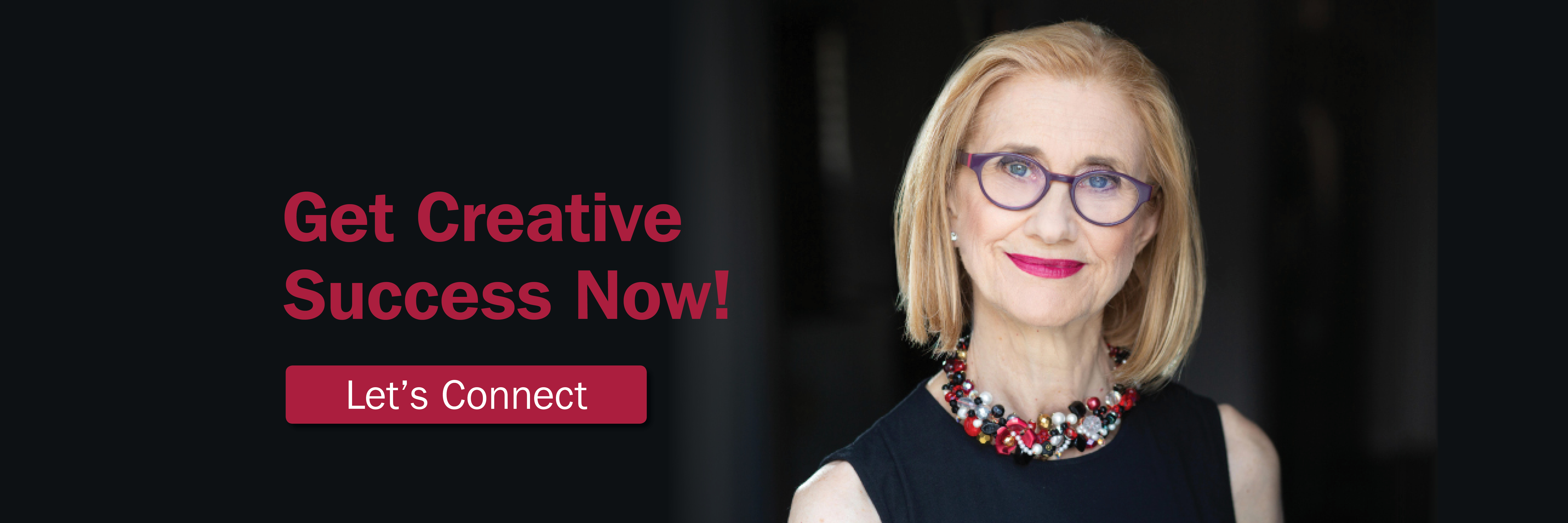This week, my class took on the subject of branding. I love teaching musicians about how to create and use their brand because the right brand is a self-empowering message about the best of you and your promise of quality to your Ideal Audience–the people whom you are eager to attract.
A brand is not about you-it is about communicating your promise to your Ideal Audience. By helping to forge a powerful emotional connection with that audience, a brand becomes a tool that not only inspires you to be your best but also boosts your confidence and projects positive energy to those around you: a true win/win
Audience development is one of the major challenges facing classical musicians today and we are living in a world where the relationship between musicians and their audiences presents a tremendous opportunity to advance the field. That was certainly an important theme in the recent seminar at Yale on the Role of Technology in the future of music.
While musicians sometimes resist the idea of “pitching” to a target audience on the theory that it is antithetical to their authenticity and personal growth and is too limiting (until they realize how connected a brand is to one’s artistic purpose), I firmly believe that identifying and connecting with the right audiences is critical no only for one’s professional development but also to solidify our field. Thus, I include the target audience into my branding discussions so that my students begin to carve out the part of the audience with which they resonate.
That brings us to artistic mission:



